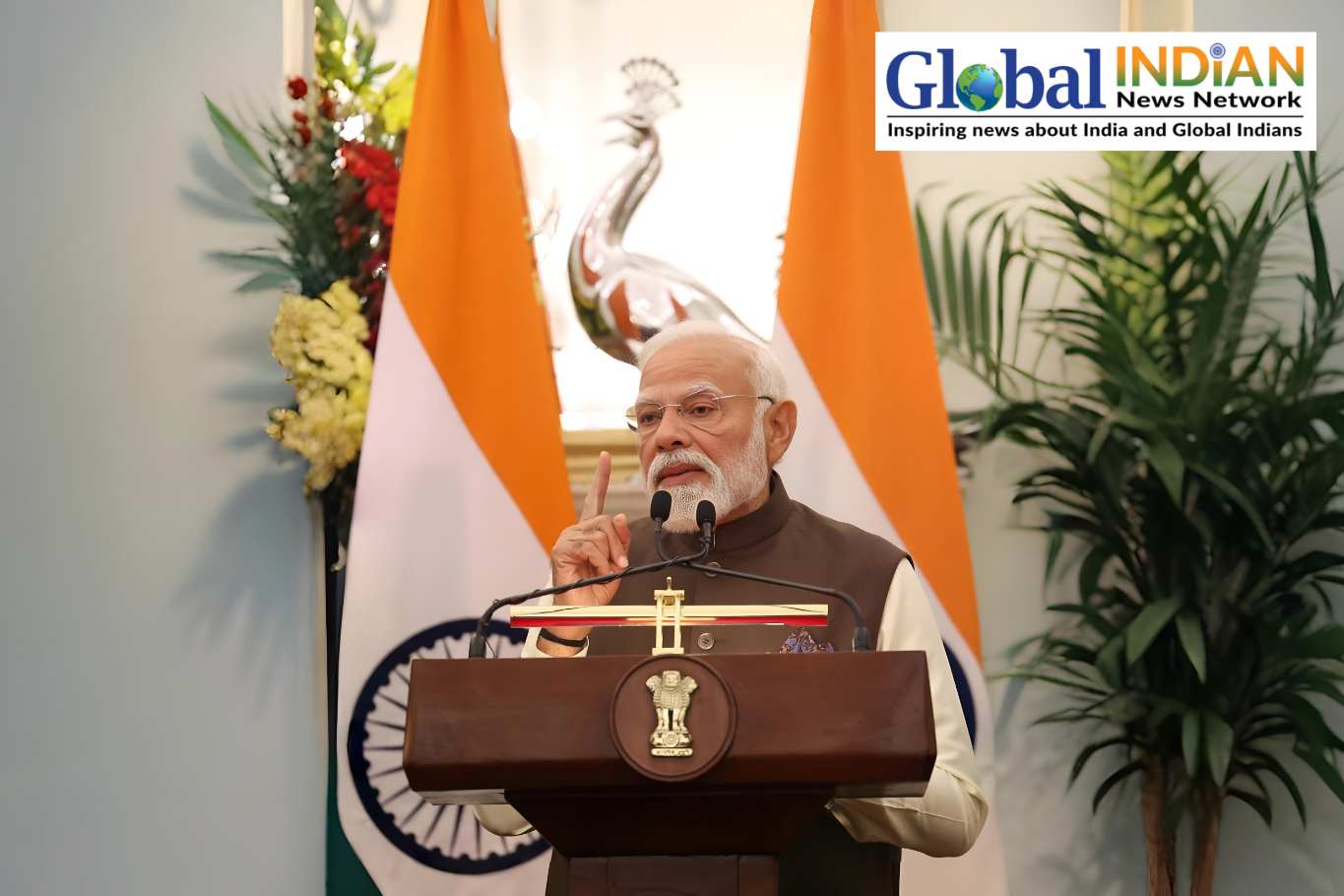
India has recently enacted the Citizenship Amendment Act (CAA), a measure that had been in the making for over four years. This legislation offers amnesty and an accelerated pathway to citizenship for specific refugees who had escaped religious persecution in Afghanistan, Bangladesh, and Pakistan prior to December 31, 2014.
Importantly, the CAA does not modify the rights of Indian citizens nor does it impose any religious criteria for general immigration. Contrary to some misconceptions, it does not bar Muslims from immigrating to India.
Suhag Shukla, the Executive Director of the Hindu American Foundation, has hailed the implementation of the CAA as a crucial and overdue step. She emphasizes that it provides essential protection to vulnerable refugees in India, affording them the human rights they were denied in their countries of origin. The CAA offers these refugees a clear and expedited route to citizenship, enabling them to rebuild their lives.
Shukla draws parallels between the CAA and the longstanding Lautenberg Amendment in the United States, which has facilitated immigration for individuals fleeing religious persecution since 1990. She expresses pride in both the United States and India, as they, as the oldest and largest secular democracies, extend a beacon of hope and a new beginning to those who have endured egregious human rights violations due to their religion.









